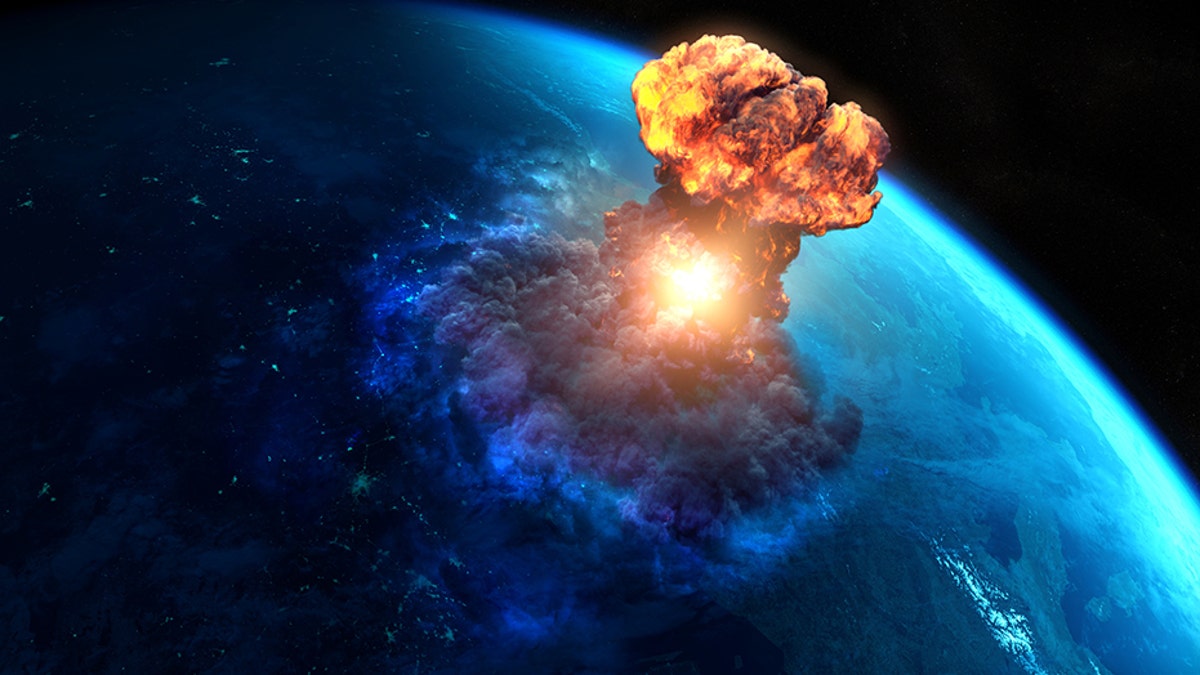
((Credit: iStock))
The largest extinction event in Earth's history was caused by global warming - and our planet may be in for another enormous wipeout, scientists warn.
Continued climate change could lead to a repeat of the Great Dying, which killed off 96 percent of life on Earth around 250 million years ago.
Long before the dawn of the dinosaurs, Earth was populated with plants and animals that were mostly obliterated after a series of massive volcanic eruptions in Siberia.
The mass extinction, triggered 252 million years ago, essentially set life on our planet back to square one, and was followed by a period spanning millions of years in which life had to multiply and evolve once more.
Now researchers have shown that the Great Dying, which killed 96 percent of Earth's ocean creatures, was caused by global warming.
As volcanoes belched greenhouse gases into the atmosphere, Earth's oceans heated up, and its warming waters could no longer hold enough oxygen for life to survive.
Scientists at the University of Washington warned that man-made climate change could trigger a similar event within the next few hundred years.
"Under a business-as-usual emissions scenarios, by 2100 warming in the upper ocean will have approached 20 percent of warming in the late Permian, and by the year 2300 it will reach between 35 and 50 percent," said study author Justin Penn.
"This study highlights the potential for a mass extinction arising from a similar mechanism under anthropogenic climate change."
The Washington team ran computer models to simulate the effects of the Great Dying on Earth's ancient oceans.
They showed that sulfur and other greenhouse gases pumped into the atmosphere starved Earth's oceans of 80 percent of their oxygen.
This is because as the oceans heated up, creatures and plants used up more oxygen as their metabolism increased.
About half the oceans' seafloor, mostly at deeper depths, became completely oxygen-free and uninhabitable to almost all life on Earth.
The situation in the late Permian - increasing greenhouse gases in the atmosphere that create warmer temperatures on Earth - is similar to today, researchers warned.
"This is the first time that we have made a mechanistic prediction about what caused the extinction that can be directly tested with the fossil record," Mr. Penn said.
"It allows us to make predictions about the causes of extinction in the future."
This story originally appeared in The Sun.








































